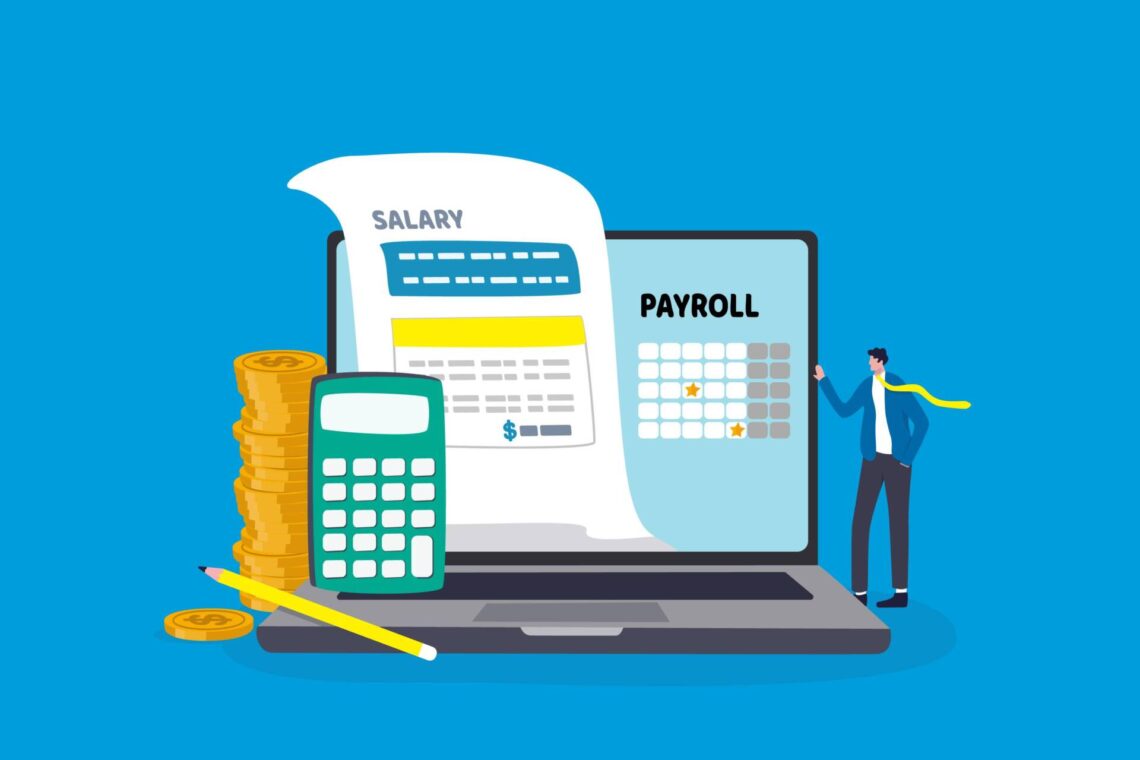When you sell an asset (let’s say a property), you will do so at a profit, a loss, or you’ll come out even.
If you’re lucky enough to come out with a profit, that profit you receive is called your Capital Gain.
When you complete your tax return, you’re required to report your Capital Gains as well as your Capital Losses, but you only pay tax on your Capital Gains (i.e. when you’ve made a profit).
This is called Capital Gains Tax (CGT).
Exemptions from Capital Gains Tax
There are some assets that are exempt from Capital Gains Tax, and this includes the home that you live in, i.e your main residence, along with your car or motorbike. If you rent out part of your main residence, use it for business, or if you have more than 2 hectares, CGT may then apply.
It’s important to note that most other types of properties (rental properties, holiday houses, vacant land, business premises, hobby farms) are also subject to Capital Gains Tax.
Some other exemptions you may find of interest include:
- An asset purchased prior to 20th September 1985 (before CGT started). However, any renovations or modifications that occurred after this date may be subject to CGT.
- A Capital Gain on Personal Use Assets that cost under $10,000. Personal Use Assets may include items such as boats, household items, furniture, and electronics.
For a more detailed list of what is and isn’t exempt from Capital Gains Tax, you can visit the ATO website.
It’s important to note here that how sales are taxed largely depends on what your intention was when you purchased the asset. E.g. if you purchase an asset with the intention of selling it for a profit – it’s likely that the sale will be considered on ‘profit’ account rather than ‘capital’ account (i.e. it’s not a capital gain but rather simply income). For example, if you purchased an apartment off the plan and intended to sell it for a higher price before or shortly after settlement this is unlikely to be considered a capital gain and even if it took longer than 12 months from when you purchased to when you sold, as it’s not a capital gain event you won’t be able to apply any concessions.
How is Capital Gains Tax Calculated?
You will pay tax on net capital gains at your marginal income tax rate.
If you have owned an asset such as a rental property for less than a year and you’re wanting to put it up for sale, it is worth rethinking. By keeping your asset for a year or more, your Capital Gains Tax is halved, as you will only pay CGT on half of the net capital gain for that asset.
For Capital Gains tax the dates that are used are the dates on the contract of sale, not the date the property settled.
Example 1:
11 months ago Susan bought a property for $400,000. The property has been used as a rental, but she would now like to sell it in order to buy a home to live in herself. She sells the property for $500,000 making her Capital Gain $100,000. Susan will pay Capital Gains Tax on $100,000 at her marginal income tax rate.
Example 2:
Instead of selling her rental property after only 11 months of ownership, Susan decides to move into it herself for a few months. As she has now owned the property for over a year, the discount is applied meaning Susan will pay Capital Gains Tax on only $50,000 instead of $100,000. Furthermore, Susan may be able to apply the main residence exemption to a portion of the capital gain as she occupied the property as her residence for part of the time she owned it.
If you’d like to calculate how much Capital Gains Tax you will pay on an asset, you can use the ATO’s Capital Gains Tax Calculator.
If you a happen to make a loss on a sale it’s also important to capture this for your tax returns. Whilst capital gains add to your existing taxable income, capital losses can only be used to reduce other capital gains. Where you don’t have any gains to offset, you can carry forward the loss indefinitely for use in the future.
Capital Gains Tax calculations can become complex where the use of the property has changed over time – for example where a property was once your home but is now a rental investment. In these cases it’s important that you have kept documentation of when the use of the property changed as this will assist your accountant to calculate any taxable gain and ensure that you claim any concessions available.
If you’d like to discuss Capital Gains Tax in more detail, please don’t hesitate to Contact Us.
*Information, articles, topics and ideas on this website are published for general information purposes only and are not specific advice to any person. Consider seeking advice from a qualified adviser before acting on any information you find on this website.





